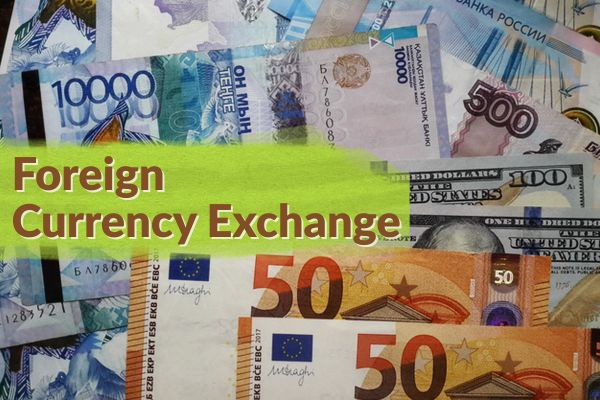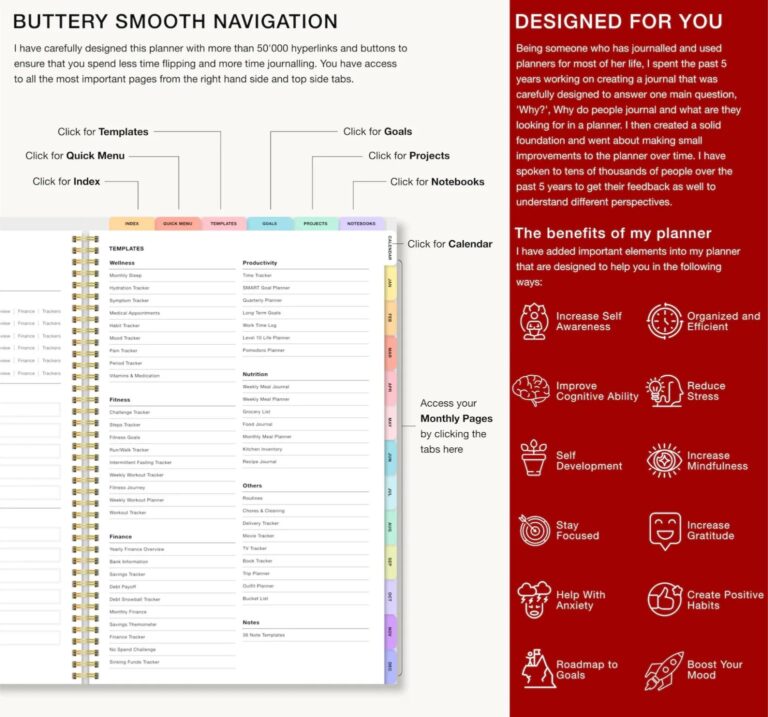A Real-World Guide to Foreign Currency Exchange
If you’re planning an overseas trip, sending money abroad, or receiving payments in a different currency, you’ve likely heard the term foreign currency exchange. It might sound technical, but it’s something many people deal with regularly. Understanding how it works can help you avoid confusion and even save money.
Let’s break it down in a simple and realistic way.
What is Foreign Currency Exchange?
Foreign currency exchange, often called forex or FX, is the process of converting one country’s currency into another. For example, if you’re in India and planning a trip to the USA, you’ll need to exchange Indian Rupees (INR) for US Dollars (USD). The rate at which this conversion happens is called the exchange rate.
This rate constantly changes based on various global economic factors. But as a regular customer, what matters most is where and how you exchange your currency.
Who Needs Foreign Currency Exchange?
Foreign currency exchange is not just for travelers. Here are a few situations where it comes into play:
- Tourists and students going abroad for travel or study.
- Business owners importing or exporting goods.
- Families sending money to relatives living overseas.
- Freelancers and remote workers getting paid in foreign currencies.
- Investors dealing with international stocks or property.
In all these cases, currency conversion is a key step that affects the total amount received or paid.
Where Can You Exchange Currency?
There are several options for currency exchange. Each has pros and cons, depending on your needs:
- NineTwoNineForex
NineTwoNineForex is an emerging player in the foreign currency exchange space, known for competitive rates and personalized service. Whether you’re traveling abroad or sending money overseas, they offer both in-person and digital solutions. Customers can book orders online, request home delivery, and even access multi-currency forex cards. It’s especially useful for those who want fast service without compromising on transparency or trust. - Banks
Banks are considered safe and trustworthy. However, they might charge a higher margin on the exchange rate and sometimes add service fees. Still, for those looking for peace of mind, banks are a reliable option. - Currency Exchange Counters
These are found in airports, shopping malls, and city centers. They are convenient, especially for last-minute exchanges. But keep in mind—airport counters often have higher rates due to overhead costs. - Online Forex Platforms
With everything going digital, currency exchange has too. Many online forex companies offer better rates, doorstep delivery of foreign currency, and even prepaid forex cards. These platforms often have real-time rates and lower service charges. - Money Changers
Authorized money changers in cities and towns provide cash exchange services. Some even offer negotiation on rates. It’s always smart to compare rates across a few dealers before committing.
How to Get a Good Exchange Rate
Getting the best value when exchanging money requires a bit of planning:
- Compare rates from different sources—banks, online platforms, and money changers.
- Avoid airport counters if possible; they often give poor exchange rates.
- Choose the right time if your transaction isn’t urgent. Rates fluctuate daily.
- Look for platforms with low service fees and transparent pricing.
- Consider prepaid forex cards for travel—they offer locked-in rates and are safer than carrying cash.
Key Things to Remember
- Always ask for a receipt after any exchange transaction. It’s important for tracking and future reference.
- Check if the provider is authorized by RBI or a governing body to avoid getting counterfeit notes or poor service.
- Avoid last-minute panic exchanges. Planning ahead gives you more choices and better deals.
- Be clear on how much you’re getting after charges—some places advertise good rates but deduct hidden fees later.
Common Mistakes People Make
- Not checking exchange rates beforehand: Blindly accepting the first rate offered can cost you more.
- Exchanging too much at once: Especially when rates are poor.
- Ignoring hidden charges: Always ask if there are extra fees before making a transaction.
- Not verifying notes received: Count and check your currency before leaving the counter.
In Conclusion
Foreign currency exchange is a simple concept with real-life impact. Whether you’re a tourist, a student, or a business owner, understanding where and how to exchange currency can help you avoid unnecessary losses and stress. By comparing rates, avoiding fees, and planning ahead, you can make the most out of your money—no fancy terms needed. Foreign exchange may seem like a background task, but getting it right puts you one step ahead in your journey, your business, or your goals abroad.




